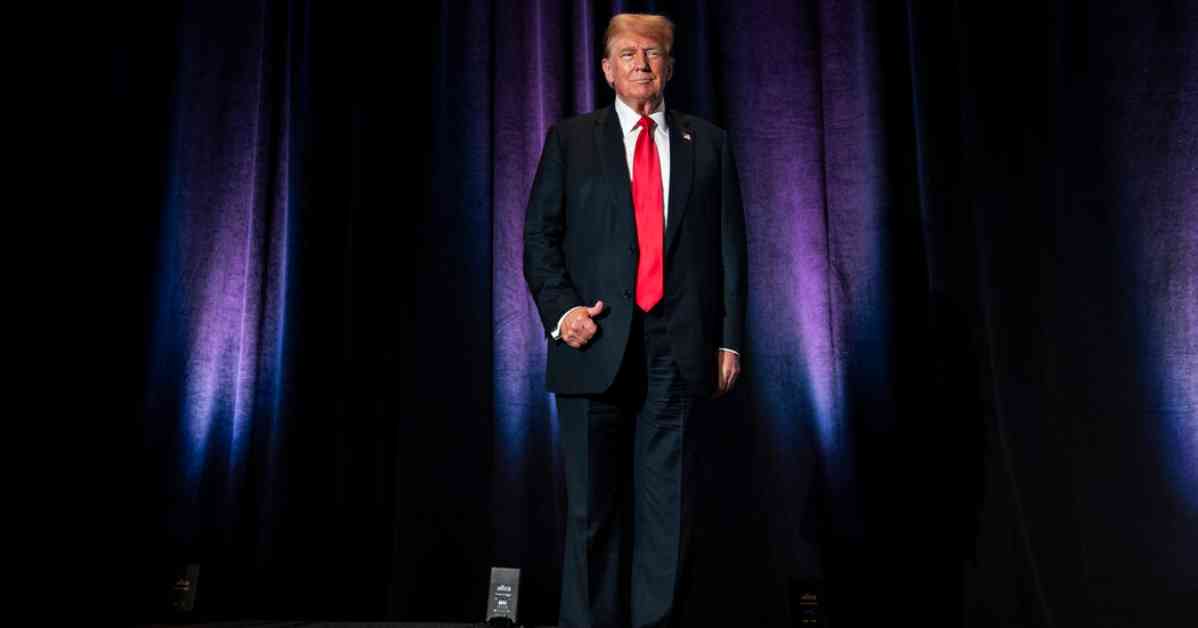Donald J. Trump was convicted on Thursday, marking another chapter in his legal journey through New York’s court system. The sentencing is set for July 11, and he could potentially face up to four years in prison or probation. Despite this conviction, Trump still has the right to run for president, as there is no legal prohibition against felons doing so. In fact, even if he were to be elected, there is no constitutional barrier preventing him from serving as president from a prison cell. However, such a scenario would likely lead to a significant crisis that would need to be resolved by the courts.
Whether Trump will be able to vote for himself in future elections depends on the outcome of his sentencing. In Florida, where he is registered to vote, felons must complete their entire sentence, including parole or probation, before regaining their voting rights. However, if Trump is convicted in New York, the state allows felons to vote as long as they are not incarcerated during the election. This means that unless Trump is in prison on Election Day, he will not lose his right to vote.
It is almost certain that Trump will appeal his conviction, given his history of criticizing the case and the individuals involved in the legal proceedings. He has been vocal in his opposition to the Manhattan district attorney and Justice Merchan, who presided over his trial.
Overall, the conviction of Donald J. Trump raises questions about the potential implications for his political future and his ability to participate in the electoral process. The legal battle is far from over, and it remains to be seen how this will impact his aspirations for the presidency. As the case continues to unfold, it is clear that Trump’s legal troubles are far from over, and the outcome could have significant ramifications for both him and the political landscape in the years to come.


















